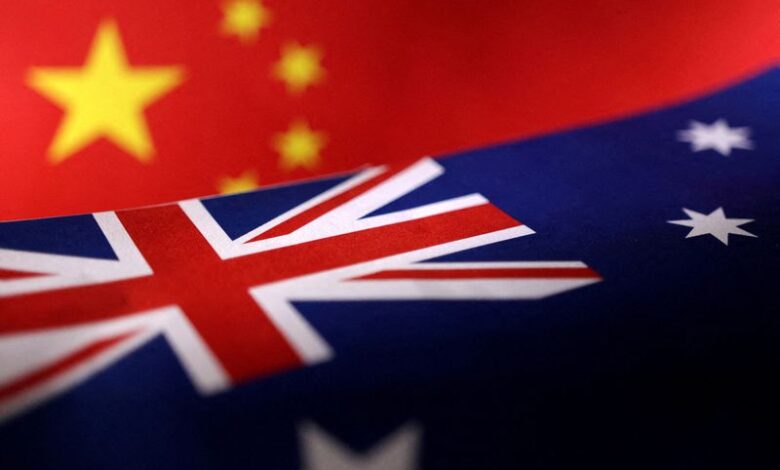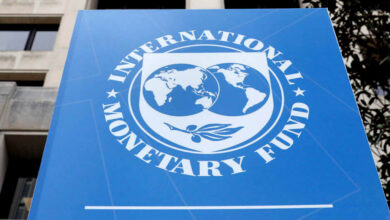Next week, the trade ministers of Australia and China will meet online.

(Reuters) – SYDNEY Australia’s trade minister, Don Farrell, told ABC in an interview on Tuesday that the trade ministers of Australia and China will meet virtually next week.
The meeting between Farrell and Wang Wentao would be the first between their countries’ commerce and trade ministers in three years.
After years of trouble, things are getting better between the two countries.
Anthony Albanese, the prime minister of Australia, and Xi Jinping, the president of China, met at the G20 summit last November. Australian Foreign Minister Penny Wong said it was a “step-by-step process,” and Canberra has asked Beijing to lift restrictions on a wide range of Australian exports.
Australia has two complaints with the World Trade Organization about China’s tariffs on Australian wine and barley. Australia is also waiting to see if Beijing removes unofficial trade barriers on things like lobsters and meat that Australia exports.
“We want these trade barriers to be taken down,” Farrell told ABC’s 7:30 Report on Tuesday. “To get the ball rolling, I’ve set up a virtual meeting with my Chinese counterpart for next week.”
This month, several Chinese utilities got permission to start importing Australian coal, more than two years after China put unofficial bans on coal, rock lobsters, and other goods.





